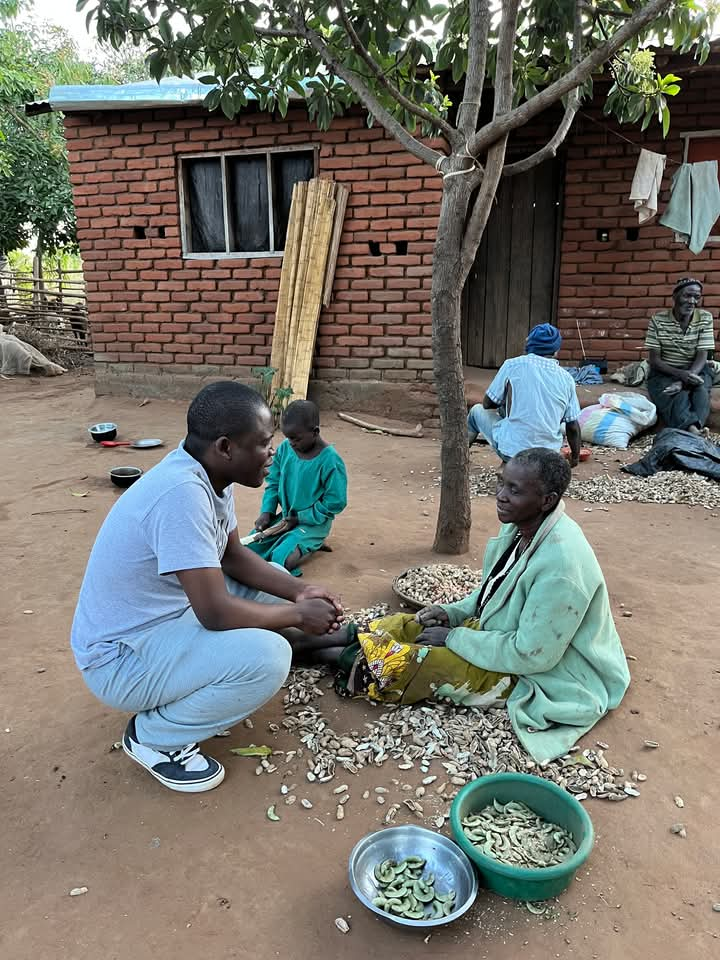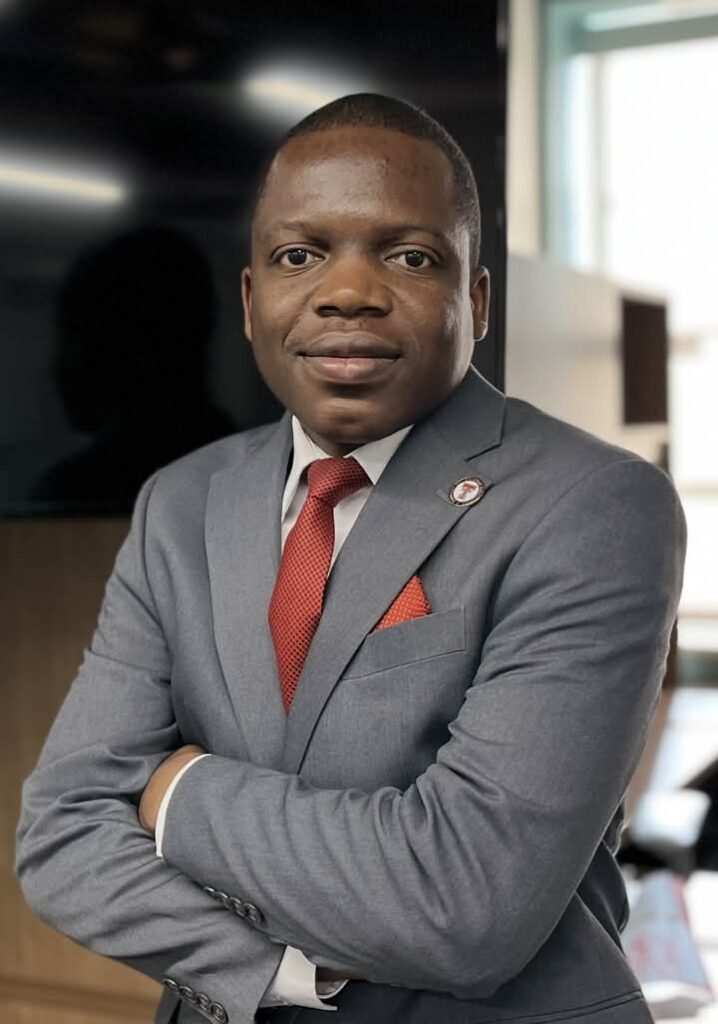By Peter Leonard Yako

Earlier this week, we woke up to the shocking news that the US government had frozen aid to Malawi and several other African nations. For many organizations that have relied on donor funding for years, this announcement felt like a sudden earthquake—disruptive and deeply unsettling. Some institutions have already halted their operations, and uncertainty looms over thousands of jobs and critical services.
But let’s pause for a moment and ask: What if this aid freeze is permanent?
How many young professionals working in NGOs will find themselves unemployed overnight? How many families, already struggling with the cost of living, will be pushed deeper into poverty? And most frighteningly, how many lives will be lost because essential programs for HIV/AIDS treatment, malaria prevention, and maternal health are no longer funded? This is not just about budgets and policies—it’s about real human lives.
In my professional journey, I have seen firsthand how fragile our systems are when they depend entirely on foreign aid. For too long, African nations and institutions have built their foundations on external support, assuming that it will always be there. This crisis should be a wake-up call.

We must rethink how we mobilize resources. Instead of relying solely on donor funding, organizations need to adopt a social enterprise approach one that blends traditional fundraising with sustainable business models. This means diversifying revenue streams, investing in productive ventures, and forging strategic partnerships that allow institutions to generate their own income.
Governments, too, must take responsibility. They need to create an enabling environment for local entrepreneurship, support innovative financing models, and promote policies that empower businesses to thrive. Financial independence should not just be the goal of individual organizations—it should be the vision for national economies.
The truth is, aid can disappear at any moment. Today it’s a freeze; tomorrow, it could be a full stop. The question is, will we be ready? The time to act is now. Africa must stand on its own feet. The future belongs to those who innovate, adapt, and build resilience. Let’s not wait for another crisis to remind us of this truth.


